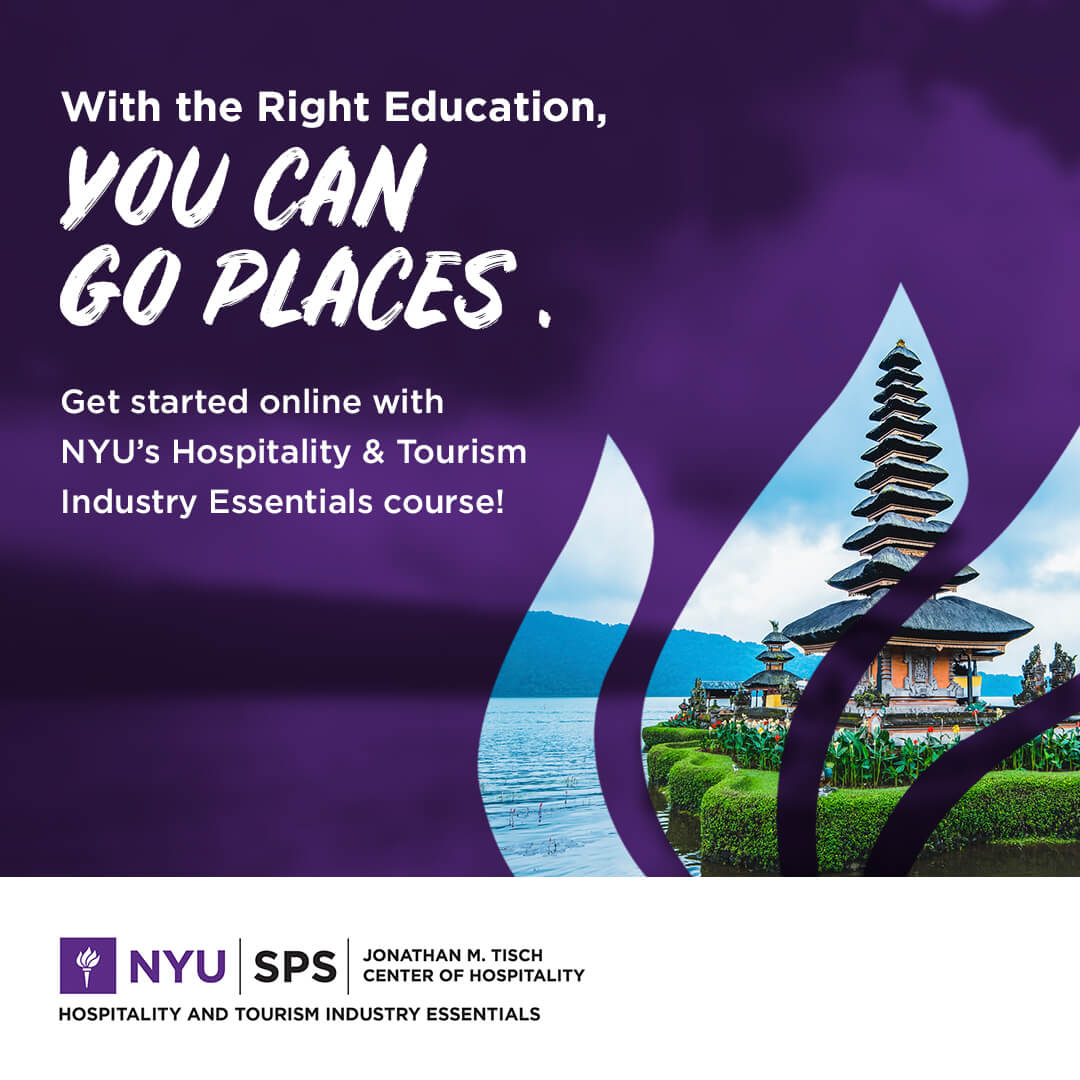Starting a career as a travel agent can be an exciting journey filled with opportunities to explore the world and help others create unforgettable travel experiences. To excel in this dynamic industry, proper training and ongoing education are essential.
In this guide, we delve into the key aspects of travel agent training, providing valuable insights and tips to help you succeed in this rewarding profession.
1. Understanding the Travel Industry
A solid foundation in the workings of the travel industry is crucial for aspiring travel agents. Familiarize yourself with different travel products, such as flights, accommodations, tours, and packages, and stay updated on industry trends and regulations that may impact your role as a travel agent.
2. Developing Customer Service Skills
Effective communication and exceptional customer service are at the core of a successful travel agent’s role. Building strong relationships with clients, understanding their preferences, and providing personalized recommendations can set you apart in a competitive market.
3. Destination Knowledge
Having in-depth knowledge of popular travel destinations, including attractions, culture, local customs, and visa requirements, is essential for creating tailored travel experiences for clients. Stay informed about emerging destinations and off-the-beaten-path gems to offer unique travel options.
4. Utilizing Technology and Booking Systems
Proficiency in travel booking systems and online tools is a valuable skill for modern travel agents. Familiarize yourself with booking platforms, airline reservation systems, and travel technology to streamline the booking process and provide efficient service to clients.
5. Specializing in Niche Markets
Identifying and specializing in niche markets, such as luxury travel, adventure tourism, or corporate travel, can help you stand out and attract a specific clientele. Develop expertise in a particular niche to offer specialized services and cater to the unique needs of travelers.
6. Networking and Building Relationships
Networking with industry professionals, suppliers, and fellow travel agents can open doors to new opportunities and collaborations. Attend industry events, join travel associations, and engage with peers to expand your network and stay informed about industry developments.
7. Continuous Learning and Professional Development
The travel industry is constantly evolving, with new destinations, trends, and technologies shaping the way people travel. Stay current by attending training workshops, webinars, and conferences to enhance your skills, stay competitive, and provide up-to-date information to clients.
8. Legal and Ethical Considerations
Understanding legal and ethical guidelines related to travel sales, consumer rights, data protection, and industry regulations is essential for maintaining professionalism and trust with clients. Adhere to industry standards and codes of conduct to ensure ethical business practices.
9. Marketing and Promoting Your Services
Promoting your services effectively is key to attracting clients and growing your travel agency. Develop a strong online presence through social media, a professional website, and targeted marketing campaigns to showcase your expertise and reach a wider audience.
10. Providing Excellent Post-Sales Support
Ensuring customer satisfaction doesn’t end once the booking is made. Provide exceptional post-sales support, including assistance with travel disruptions, itinerary changes, and emergency situations, to build long-term relationships and earn repeat business.
Conclusion
A successful career as a travel agent begins with comprehensive training and a commitment to continuous growth. By developing essential industry knowledge, mastering customer service, leveraging technology, and specializing in niche markets, aspiring agents can build rewarding careers while helping clients create unforgettable journeys.
Key Takeaways:
- Gain a solid understanding of the travel industry, including products, trends, and regulations.
- Develop strong customer service and communication skills to build client trust and satisfaction.
- Acquire in-depth destination knowledge to craft personalized and enriching travel experiences.
- Learn to use booking systems and travel technologies for efficient trip planning.
- Specialize in niche markets to differentiate your services and attract targeted clientele.
- Build professional relationships and network within the industry to access new opportunities.
- Commit to continuous learning through workshops and training to stay current and competitive.
- Follow legal and ethical standards to maintain client trust and professional credibility.
- Promote your services using effective marketing strategies and a strong online presence.
- Provide reliable post-sales support to ensure client satisfaction and encourage repeat business.
To further enhance your skills and knowledge in the hospitality and tourism sector, consider enrolling in the NYU Hospitality and Tourism Industry Essentials online course and certificate program offered by Yellowbrick. This comprehensive program can provide you with the expertise and practical skills needed to excel in the travel industry and take your career to new heights.








